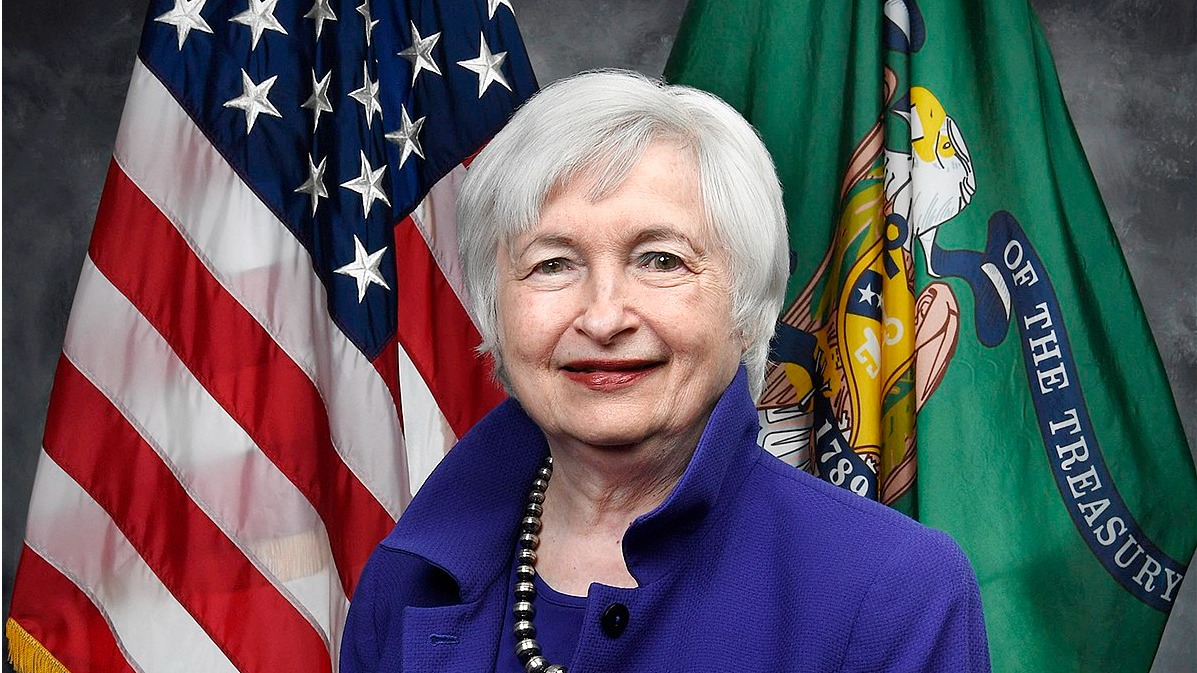Brazil's central bank has announced that it will be dividing the process of regulating crypto-assets and virtual asset service providers into phases, with regulatory proposals now expected by the end of this year.
This decision effectively postpones the completion of the process following a 2022 law on the subject, which paved the way for subsequent regulation by the central bank.
Initially, the bank's director of regulation, Otavio Damaso, had projected during a congressional hearing last year that regulation would be wrapped up by June 2024. However, after launching a public consultation on the matter in December 2023, which concluded in January, the central bank has decided to open a new consultation in the second half of this year.
The central bank said that the first public consultation aimed to gather input from Brazilian citizens, also addressing issues not covered by the 2022 law, such as the asset segregation of virtual asset service providers. This required "reasonable dedication from the teams involved in the regulatory work," the bank stated, adding that the diversity of activities conducted by entities in the virtual assets sector and the various structures of these entities necessitated this preliminary effort.
"The second public consultation, now focused on regulatory texts, aims to use the initial input to, once again with broad support from society, establish a robust regulatory framework," the central bank explained.
This decision effectively means that the completion of the crypto-asset regulation process in Brazil will be delayed beyond the initially projected timeline.
Latest News
-
Mizuho to replace 5,000 administrative roles with AI
-
Allica achieves unicorn status through latest funding round
-
AI disruption risk varies between platform and service-based firms, says new report
-
ClearBank moves into the heart of London’s financial centre
-
Citi forms AI infrastructure banking team and invests in Sakana AI
-
HSBC chief Elhedery says overhaul nearly complete despite profit fall
Creating value together: Strategic partnerships in the age of GCCs
As Global Capability Centres reshape the financial services landscape, one question stands out: how do leading banks balance in-house innovation with strategic partnerships to drive real transformation?
Data trust in the AI era: Building customer confidence through responsible banking
In the second episode of FStech’s three-part video podcast series sponsored by HCLTech, Sudip Lahiri, Executive Vice President & Head of Financial Services for Europe & UKI at HCLTech examines the critical relationship between data trust, transparency, and responsible AI implementation in financial services.
Banking's GenAI evolution: Beyond the hype, building the future
In the first episode of a three-part video podcast series sponsored by HCLTech, Sudip Lahiri, Executive Vice President & Head of Financial Services for Europe & UKI at HCLTech explores how financial institutions can navigate the transformative potential of Generative AI while building lasting foundations for innovation.
Beyond compliance: Building unshakeable operational resilience in financial services
In today's rapidly evolving financial landscape, operational resilience has become a critical focus for institutions worldwide. As regulatory requirements grow more complex and cyber threats, particularly ransomware, become increasingly sophisticated, financial services providers must adapt and strengthen their defences. The intersection of compliance, technology, and security presents both challenges and opportunities.
© 2019 Perspective Publishing Privacy & Cookies




.jpg)










Recent Stories